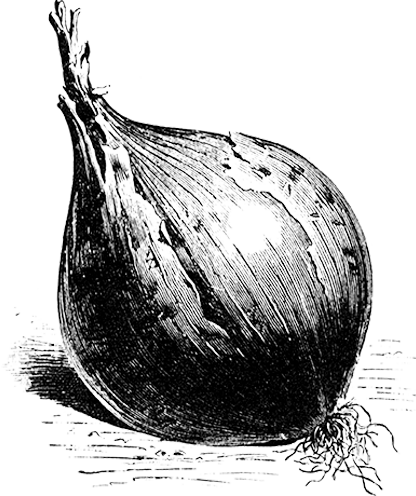Information
Has somewhat larger leaves than its green relative. It has a golden yellow tone of colour chiefly on the stems. It is considered to be a little finer in taste and it appreciates warm weather.
One portion contains about 500 seeds.
| Product number: | 4845 |
|---|---|
| Scientific name: | Portulaca oleracea subsp. sativa |
| Botanic family: | The Purslane Family - Portulacaceae |
| Organic: | Yes |
| Days to maturity: | 50 |
| Lifespan: | Annual |
| F1 Hybrid: | No |
| New variety: | No |
| Sowing time: | April–August |
| Sowing depth: | 0,5 cm |
| Germination time: | 8–12 days |
| Plant spacing: | 10–20 cm |
| Row spacing: | 30–40 cm |
| Height: | 25–35 cm |
| Plant location: | Sun |
| Harvest/blooming: | May–September |
| Seeds/g: | 2400 seeds |
| Heirloom variety: | Yes |
Cultivation advice
Sowing
Sow shallowly, successively after the soil has warmed up. Do not allow the sowing to become dry. Purslane can also be pre-grown indoors and planted outdoors when the risk of frost is over or remain indoors as a potted plant the year around.Spacing
Thin out to a mutual distance of 10-20 cm. They can grow very large sometimes.Harvest
Cut off whole shoots and leave some 5cm of the stem. It will bring forth new shoots and can be harvested many more times. Purslane is affected by frost and must be covered if you wish to prolong the harvest in autumn. Leaves and shoots are usually eaten raw in salads, but they are also good to poach or fry for a few seconds or with oil and vinegar.Seed
About 2400 seeds/g, one portion sows many meters, 5-10 g for 100 m.A portion contains about 500 seeds.
